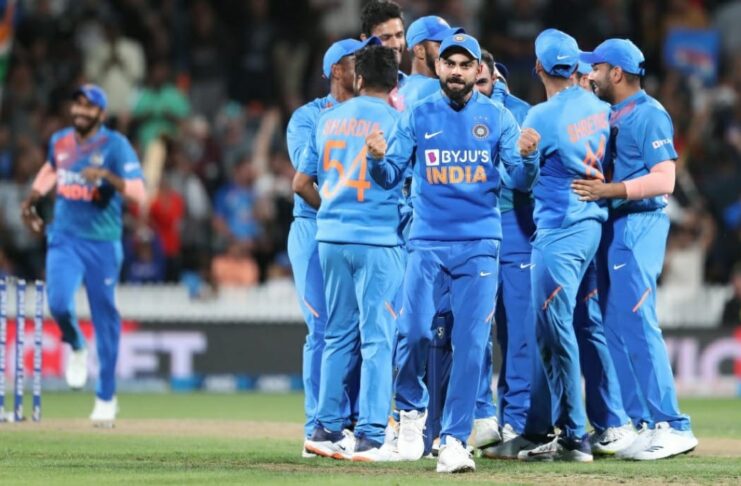For years, bilateral ODIs, once the staple of the format, had stagnated. One can safely say that the whole concept of two teams battling it out for five or three 50-over matches without any overarching context was suffering from a serious existential threat.
Not just fans, even the players involved seemed uninterested, with their aims and motivations being shaped by the multi-nation ICC tournaments being held in that calendar year.
As I said, one-day cricket in this calendar year is not as relevant if you look at the T20s and the Tests…
These are the words of India captain and one of the biggest superstars of the contemporary game, Virat Kohli.
He said this after India dropped the 3-match ODI series in New Zealand earlier this year. The world had not yet experienced COVID-19 and we were on course for the World T20 later in the year and were in the middle of the ICC Test Championship.
Kohli’s wards had won 12 bilateral series (across formats) before losing to the Kiwis, yet the 50-over three-match series held little significance for him.
An old issue
Bilateral ODI cricket has been suffering from a lack of interest and intensity for years. Cut back to August, 2019 when India defeated West Indies meekly in another ODI series.
The cricket on show was yawn-inducing at best, abject, at worst. West Indies tottered against a much-stronger India team that had come into the series after a shock loss in the World Cup semi-final. Victory for India signified nothing of note and highlighted the lack of significance of the fixtures.
For years and even more so since the advent of T20s, the 50-over game had struggled to generate adequate interest in bilateral engagements and a shake-up, akin to what the ICC is trying with the Test Championship, was the need of the hour.
Enter ODI Super League
The ICC Men’s Cricket World Cup Super League, to give its full name, has been introduced to address the problem highlighted in the preceding lines. With 13 teams taking part all over the world over two years, the grand league aims at bringing context to bilateral meets; the top 7 teams will automatically progress to the 2023 World Cup to be held in India and join the hosts in the quadrennial showpiece.
Teams will have the added motivation of wanting to top the table come the end of the two-year window. Just like the Test Championship, the ODI Super League isn’t a perfect league in terms of the fact that not all teams will play each other, either home or away.
Netherlands have joined the 12 full members by virtue of winning the 2015-17 World Cricket League, and each team will play eight of their opponents according to parameters decided by the Future Tours Programme.
England kick off the protracted tournament by taking on Ireland in a three-match ODI series that begins today. The Super League doesn’t seem perfect at first glance, but it is a start.
We go back to Kohli’s words at the end of this piece, relevance of the kind he and other top players seek, is provided by a larger prize not offered by bilateral ODIs. The ICC will do well to explore this concept further in the coming years.
Follow us on facebook for more sports news & updates

